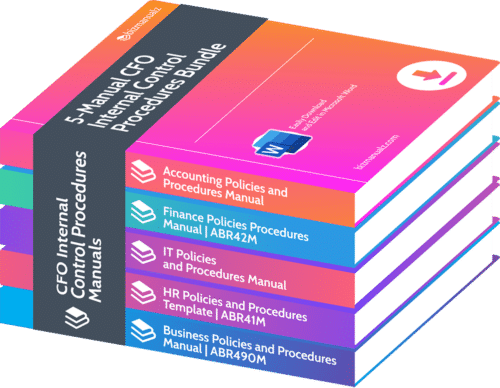How Will IFRS Convergence Impact You?
The US Securities and Exchange Commission (SEC) started making rules for the utilization of the International Financial Reporting Standards (IFRS) – essentially GAAP and IFRS convergence. The SEC developed a “road map” for the use of financial statements. AICPA has been instrumental in paving the way for the adoption of IFRS.
IFRS Convergence
The original plan was for US companies to have made the switch from the use of Generally Accepted Accounting Practices (GAAP) to IFRS by 2014. Though an new official date hasn’t been set, the SEC envisions some time in 2015 as the earliest date for IFRS adoption.
IFRS and GAAP Differences
The differences between IFRS and GAAP are many, and adopting IFRS — even with short- and long-term convergence projects on which the IASB and FASB are collaborating, and the ongoing guidance that these and other organizations will surely provide — will not be an easy task for American companies.
For example, GAAP and IFRS differ with respect to inventory valuation (IFRS does not permit the LIFO method) and revaluation of property, plant, and equipment (IFRS permits consideration of fair value, whereas GAAP only considers historical costs). Other areas where there are significant differences include compensation linked to GAAP financial metrics (which obviously will go away) and revenue recognition (where GAAP is more detailed, extensive, and even industry-specific). Finance, Operations, and Human Resources are just three areas where the changeover will have a significant impact. In fact, the volume of changes alone portends a great deal of difficulty for most US companies.
Also, because the GAAP system is so deeply ingrained in the American way of conducting business, there is concern in the US and around the world that the transition may not go well. It’s the same as with any other behavior that becomes habit: people have to implement the IFRS and people generally don’t handle change well.
There are some outside the US who fear the upcoming implementation of IFRS in the US because — they feel — the US may not “leave well enough alone”. Yet, since much of the world has already adopted IFRS, companies in the US will have to follow suit…won’t they?
GAAP and IFRS Convergence
Some multinationals are in the process of GAAP and IFRS convergence in their American operations. They’ve been using IFRS in their non-US operations and financial results reporting according to a single set of standards promises greater efficiency and, therefore, less cost. A move like this, if undertaken by many more companies in the next year or so, may make the decision to switch accounting standards easier for the SEC.
Private Companies use GAAP
What about private companies, though? What about companies with just a few hundred employees, or fewer? Well, there’s been some talk (but not a lot) that small-to-medium enterprises (SMEs) — companies with fewer than 250 employees — might not be required by Federal law to use the IFRS standards. However, market forces alone promise to exact a toll on the company that wants to stick with GAAP since commerce in some quarters has been global for decades and is becoming increasingly so in virtually every area. We see stories all the time about small, family-run businesses eager to sell overseas. If switching to IFRS helps them achieve their goals, they’ll use it.
IASB and FASB
The FASB and the AICPA have been working closely with the IASB in preparing for the conversion and between them and the IRS, there isn’t much enthusiasm for managing two sets of standards. The IASB and FASB talked about their continuing commitment to the improvement and GAAP and IFRS convergence. The AICPA has already developed courses so that accountants in the US can make the transition.
Small companies ought to be able to make the switch easier than public ones. To make the conversion even easier for small-to-medium enterprises, the IASB published a slimmed-down version of the IFRS. Simply titled “IFRS for SMEs”, it comes in at around 230 pages, so it appears the IASB really wants to get all types of businesses (and their accounting firms) on board.
What do you think? Will the adoption of IFRS in the USA go smoothly? What will the future look like in the field of American accountancy? What impact will the changes have on your business What are your thoughts? Your concerns?

















Leave a Reply